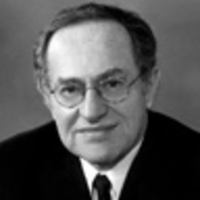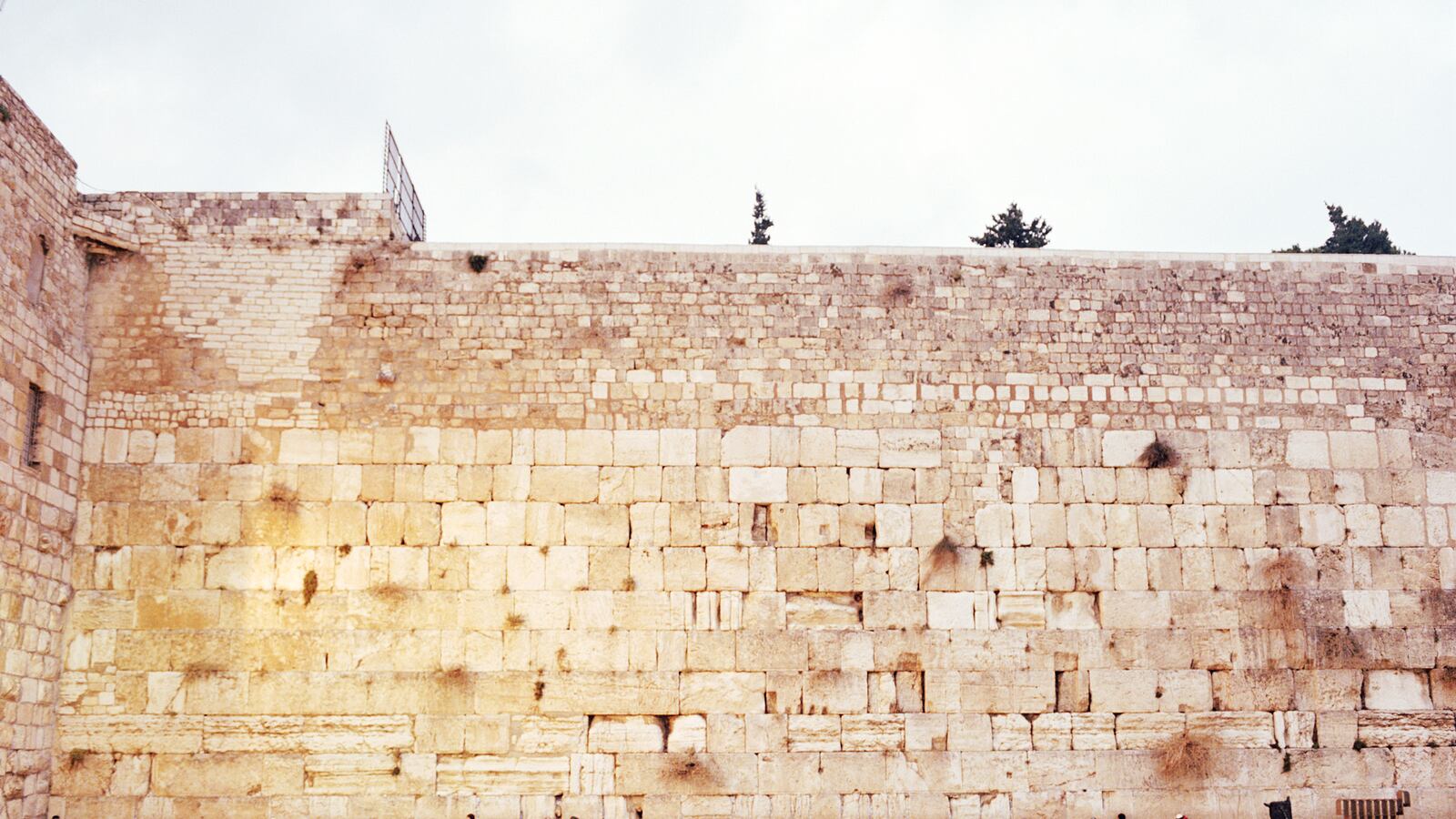Elisheva Goldberg’s attempt to respond to my criticism of the B’nai Jeshurun rabbis evades the two central points in my argument: one, that the rabbis should have given their congregants the opportunity to hear both sides before they purported to speak for them on so controversial and divisive an issue. Two, that the rabbis seemed unaware of the legal implication of the General Assembly vote to recognize a Palestinian state on the 1967 borders, which would deny Israel any claim over the Western Wall (Kotel), the access road the Hebrew University, and the Jewish quarter.

Goldberg says absolutely nothing about the first argument. As to the second argument, she exacerbates the problem by arguing that Israeli control over the Western Wall, the access to Mount Scopus, and the Jewish quarter is already illegal and the General Assembly vote changes nothing. If it were true that the General Assembly vote had no legal, political or moral implications, then why applaud it? And if it were true that Israeli control over these three important Jewish sites is already illegal, then the questions I pose in my article are even more salient: Have the rabbis been urging their congregants not to pray at the illegally occupied Western Wall? Not to travel on the illegally occupied road to Hebrew University? And not walk through the streets of the illegally occupied Jewish quarters? If that is their position (as it is apparently Goldberg’s position), then they owe it to their congregants to be absolutely clear about it. I guarantee that they won’t, because a rabbi, even a B’nai Jeshurun rabbi, would not last long if he forbade his congregation from praying at the holiest site of Judaism, from attending one of its great universities, and from walking the streets traversed by the great Talmudic sages 2,000 years ago.
Instead of addressing my arguments Goldberg uses my piece as an excuse to attack the policies of the current Likud government—policies I do not address in my article, except to say that the official Israeli position is to welcome negotiations without any preconditions. Goldberg apparently rejects this policy, without giving any good reasons for why she is opposed to the Palestinians sitting down on the negotiating table without any preconditions. Even Abbas seemed willing to consider doing that before the U.N. vote. I hope he will still consider doing that after the vote, though I have my doubts.
One more brief point mentioned in Goldberg’s article requires a response: she categorically states that any decision to build in the E1 area “instigate[s] ‘the fatal heart attack’ of the two-state solution.” This is absurd. The Palestinian leadership fully understands that this area will almost certainly become part of Israel in any negotiated settlement and in exchange for other land. This will not make the Palestinian state non-contiguous; it will simply require a circumferential road around Ma'aleh Adumim that connects Ramallah to Bethlehem and that will take a few extra minutes of driving. Virtually every large metropolis in the world now has such circumferential roads that avoid inner-city traffic. The threat to build on E1 may have been ill-timed but it marks “the fatal heart attack” of a two-state solution only to those who do not want to see such a solution.
For those of us who strongly support a two-state solution, as I do, negotiation is the crucial first step. Land swaps, compromises, and a realistic definition of “contiguous” in our modern age of transportation hold the best hope of producing a peaceful and secure resolution to a difficult problem. A unilaterally achieved vote by the General Assembly does not.
I would be happy to debate my actual arguments with somebody who is prepared to address them. That is why I challenge the rabbis at B’nai Jeshurun to debate the issues in front of their congregation. I have not yet heard from the rabbis. I await their response.






